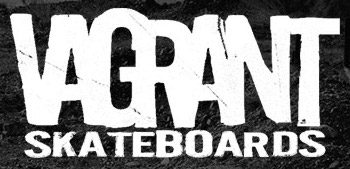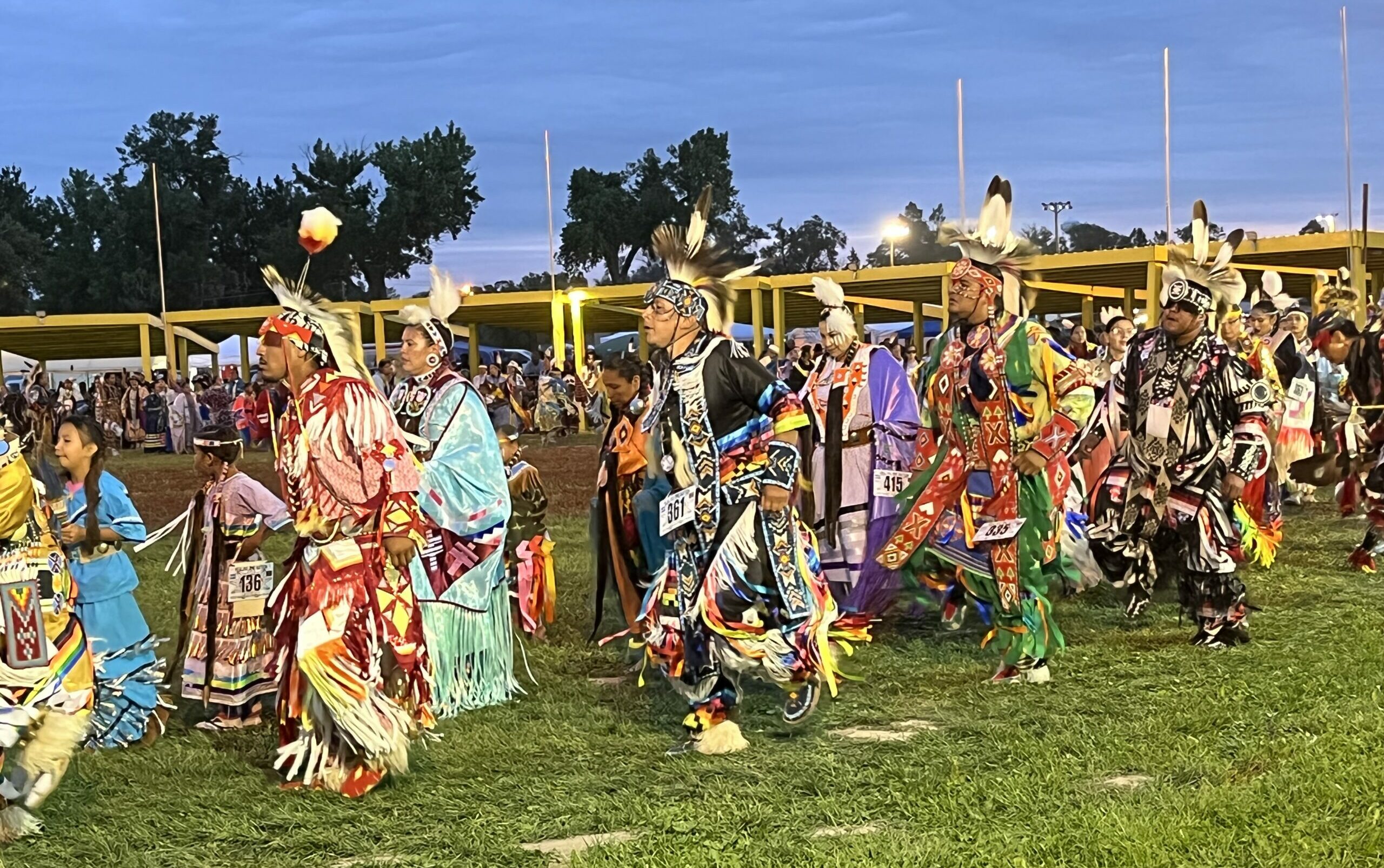Res Life is Skate Life: How Skateboarding Builds Community in Residential Living Environments
Skateboarding has long been a popular activity among teenagers and young adults, but in recent years it has also found a home within residential living environments. From college campuses to apartment complexes, skateboarding has become a staple of community building and social interaction in these spaces.
One such example is Res Life is Skate Life, a program that has been implemented in various residential living environments across the country. This initiative seeks to promote skateboarding as a positive and inclusive activity that fosters community engagement and friendships among residents.
One of the main benefits of incorporating skateboarding into residential living environments is the sense of camaraderie and belonging that it fosters among residents. Skateboarding is a sport that transcends age, gender, and cultural backgrounds, making it an inclusive and diverse activity that brings people together. By providing residents with a shared passion for skateboarding, communities are able to form strong bonds and create a sense of unity within their living spaces.
Furthermore, skateboarding can also contribute to the physical and mental well-being of residents. In a world where sedentary lifestyles are becoming increasingly common, skateboarding provides a fun and engaging way for residents to stay active and improve their physical fitness. Additionally, the adrenaline rush and sense of accomplishment that comes with mastering new skateboarding tricks can also have a positive impact on residents’ mental health and overall well-being.
Another benefit of incorporating skateboarding into residential living environments is the opportunity for residents to develop valuable skills and talents. Skateboarding requires a great deal of practice, dedication, and perseverance, making it a great way for residents to challenge themselves and push their limits. By providing residents with access to skateboarding facilities and resources, communities are able to empower individuals to pursue their passions and reach their full potential.
In conclusion, Res Life is Skate Life is a prime example of how skateboarding can be a powerful tool for building community and fostering social connections within residential living environments. By promoting skateboarding as a positive and inclusive activity, communities are able to create a sense of belonging and camaraderie among residents. Additionally, skateboarding can also contribute to residents’ physical and mental well-being, as well as provide them with valuable skills and talents. Overall, skateboarding has the potential to transform residential living environments into vibrant and thriving communities where residents can come together, support each other, and have fun in the process.

